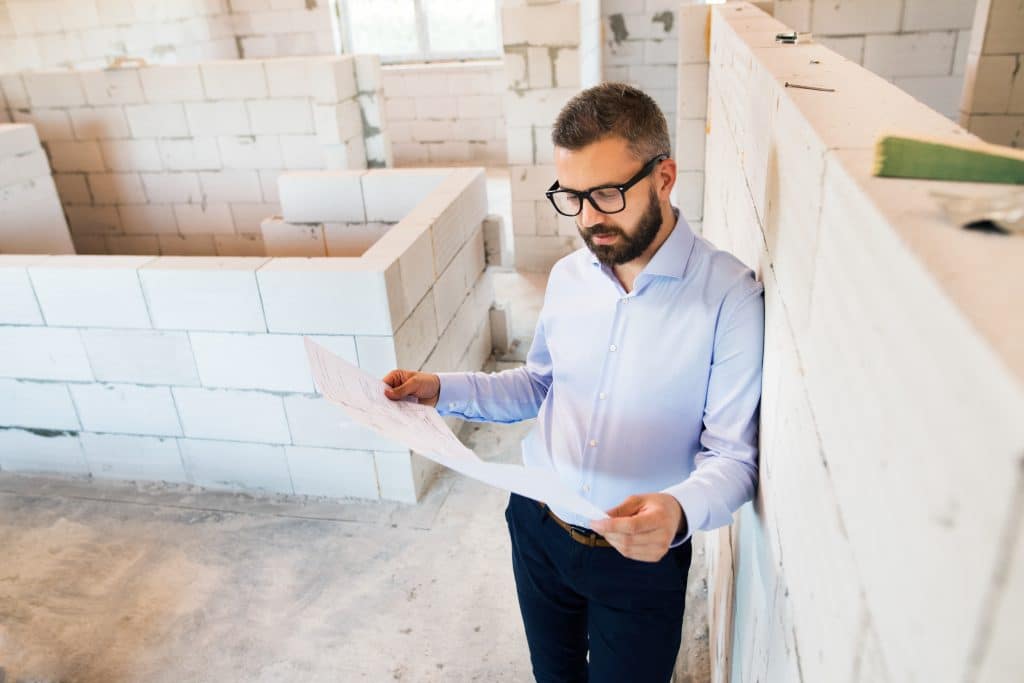As a homeowner, managing your finances is essential to maintaining your home and securing your financial future. With various expenses, such as mortgage payments, maintenance costs, and unexpected repairs, developing a solid financial plan is crucial to help you manage your money effectively. In this regard, here are five top financial tips for homeowners to consider, which can help them create a budget, pay off high-interest debt, maintain their homes, shop for insurance, and plan for their future.
Contents
Financial Issues Homeowners Face

When it comes to homeownership, financial issues are something many people face at some point. Whether it’s unexpected repairs or a job loss, there are a variety of challenges that can arise. One common financial issue is the struggle to make mortgage payments. This can be particularly difficult if your interest rate is high or you’ve experienced a decreased income.
Another common issue is when you must make costly repairs, such as replacing a roof or furnace. Additionally, property taxes and insurance costs can be a burden for some homeowners. It’s important to have a solid financial plan to help prepare for these situations and ensure you can continue enjoying the benefits of homeownership without added stress.
Top Financial Tips For Homeowners
It’s no secret that owning a home can be expensive, especially if you don’t take the time to develop a financial plan. Here are five top tips for homeowners to consider that can help them manage their finances responsibly:
Create A Budget

Creating a budget is essential to managing your finances as a homeowner. It allows you to track your expenses, control your spending, and plan for future expenses. To create a budget, list all your monthly expenses, including your mortgage, utilities, insurance, groceries, transportation, and other regular bills. Once you have a complete list, compare it to your monthly income to determine how much money you have left over after paying your bills.
Ensuring that your budget is realistic and accounts for all your expenses is essential. Consider including categories for unexpected expenses, such as home repairs or medical bills, and set aside monthly money to build an emergency fund. This can help you avoid financial stress and ensure funds are available when unexpected expenses arise.
Additionally, regularly review your budget to ensure you’re sticking to it and making necessary adjustments. For instance, you may need to cut back on certain expenses to stay within your budget. By creating and following a budget, you can take control of your finances and avoid overspending, which can help you achieve your financial goals as a homeowner.
Pay Down High-Interest Debt

Paying down high-interest debt is another critical financial tip for homeowners. High-interest debt, such as credit card balances, can quickly accumulate and become unmanageable, leading to financial stress and difficulties. Therefore, it’s essential to prioritize paying off high-interest debt to reduce the interest you’re paying each month and free up more money for other expenses.
To pay off high-interest debt, it’s best to begin by paying off the account with the highest interest rate first. This will reduce the monthly interest payment, allowing more money to be applied towards paying off the debt. After paying off the highest-interest account, move on to the next highest-interest account until all high-interest debt is paid off.
You could also try debt consolidation to simplify your payments and pay off your debt more efficiently. This involves combining multiple debts into one loan with a lower interest rate. Doing so can lower your monthly expenses and use the extra money to invest in your home, such as for home repairs or saving for a renovation down payment. Your credit score may also improve as you pay off your high-interest debt.
Maintain Your Home

Maintaining your home is essential to avoid costly repairs down the road, which can strain your budget. Regular maintenance can help you identify and address potential issues early before they become more severe.
There are various ways to maintain your home effectively, such as cleaning your gutters regularly to prevent water damage, inspecting your roof for damage, replacing your HVAC filters, and cleaning your appliances. Additionally, you can schedule annual maintenance checks for your HVAC, plumbing, and electrical systems to ensure everything is in good working order.
It’s also essential to keep up with cosmetic maintenance tasks, such as painting and landscaping, to maintain your home’s curb appeal and increase its value. By taking care of your home, you can avoid costly repairs that can strain your budget and increase its value over time.
Furthermore, keeping your home in good condition can help reduce your insurance premiums. Insurance companies may offer lower rates to homeowners who maintain their properties well, as they are less likely to file claims for damages or repairs. Overall, maintaining your home is a crucial financial tip that can help you save money and increase the value of your investment in the long run.
Shop Around For Insurance

Shopping around for insurance is an essential financial tip for homeowners. Homeowners insurance is a necessary expense, but it doesn’t have to be costly. It’s crucial to shop around and compare insurance rates from different providers to ensure you get the best coverage at the most affordable price.
When looking for homeowners insurance, check available coverage options, like liability, dwelling, and personal property coverage. Decide which coverage you require and compare the rates from different providers for the same coverage level. Also, consider combining your home and auto insurance policies from the same provider to save money with discounts.
Plan For The Future

If you own a house, it’s important to plan for the future financially. This means setting long-term financial goals and creating a plan to achieve them. One crucial aspect is saving for retirement by regularly contributing to retirement accounts like a 401(k), IRA, or Roth IRA. Consider working with a financial advisor to determine the best retirement savings plan for your needs and set a savings goal.
Another critical aspect of planning for the future is creating an emergency fund. Aim to save at least three to six months’ expenses in your emergency fund to ensure you’re prepared for unexpected events that could impact your finances. You can use this savings account to cover unexpected expenses like home repairs or medical bills.
Additionally, planning for their education expenses is essential if you have children. This involves saving for college tuition and expenses or exploring options such as scholarships, grants, and student loans.
Try These Financial Tips If You’re A Homeowner Today!
Managing finances as a homeowner can be challenging, but by following these top five financial tips, you can take control of your finances and achieve your long-term financial goals. These tips include creating a budget, paying down high-interest debt, maintaining your home, shopping for insurance, and planning for the future. By taking these steps, you can reduce your financial stress, avoid costly repairs, and increase the value of your investment in your home. Ultimately, it’s important to develop a comprehensive financial plan that considers your current financial situation and long-term goals to ensure you can achieve financial stability and security as a homeowner.
Disclaimer: The information provided in this article is for informational purposes only and does not constitute financial, legal, or other professional advice. You should always seek the advice of a professional when making any financial decisions. The author does not assume any liability for the information provided in this article.



